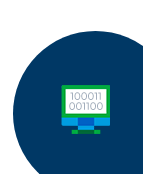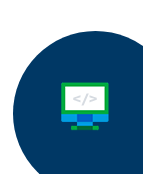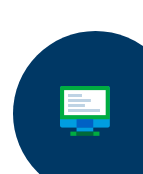Open source:
The source code of Linux is available freely, and all users are allowed to modify and distribute it based on their requirements. This promotes innovation, security, and transparency.
Reliability:
Linux is a stable and highly reliable operating system and a popular choice for personal as well as enterprise use. The system can also run for long durations without needing a reboot, which also makes it a widely used operating system for servers and critical systems.
Flexibility:
Linux also comes with a high degree of flexibility. It can be used in a range of environments, including desktops, smartphones, supercomputers, software packages, and system configurations, allowing users to tailor the Linux experience according to their requirements.
Security:
The collaborative nature of the open-source community and the design principles of Linux have made the system inherently secure, as users have the ability to audit the source code and fix bugs rapidly.
Vast ecosystem:
With Linux, users get a rich ecosystem of diverse applications, including several popular software frameworks and tools, like Python, GNU tools, Apache web server, etc.









 Behavioral Competencies
Behavioral Competencies Cognitive Competencies
Cognitive Competencies Coding Competencies
Coding Competencies Domain Competencies
Domain Competencies



























Would you like to comment?